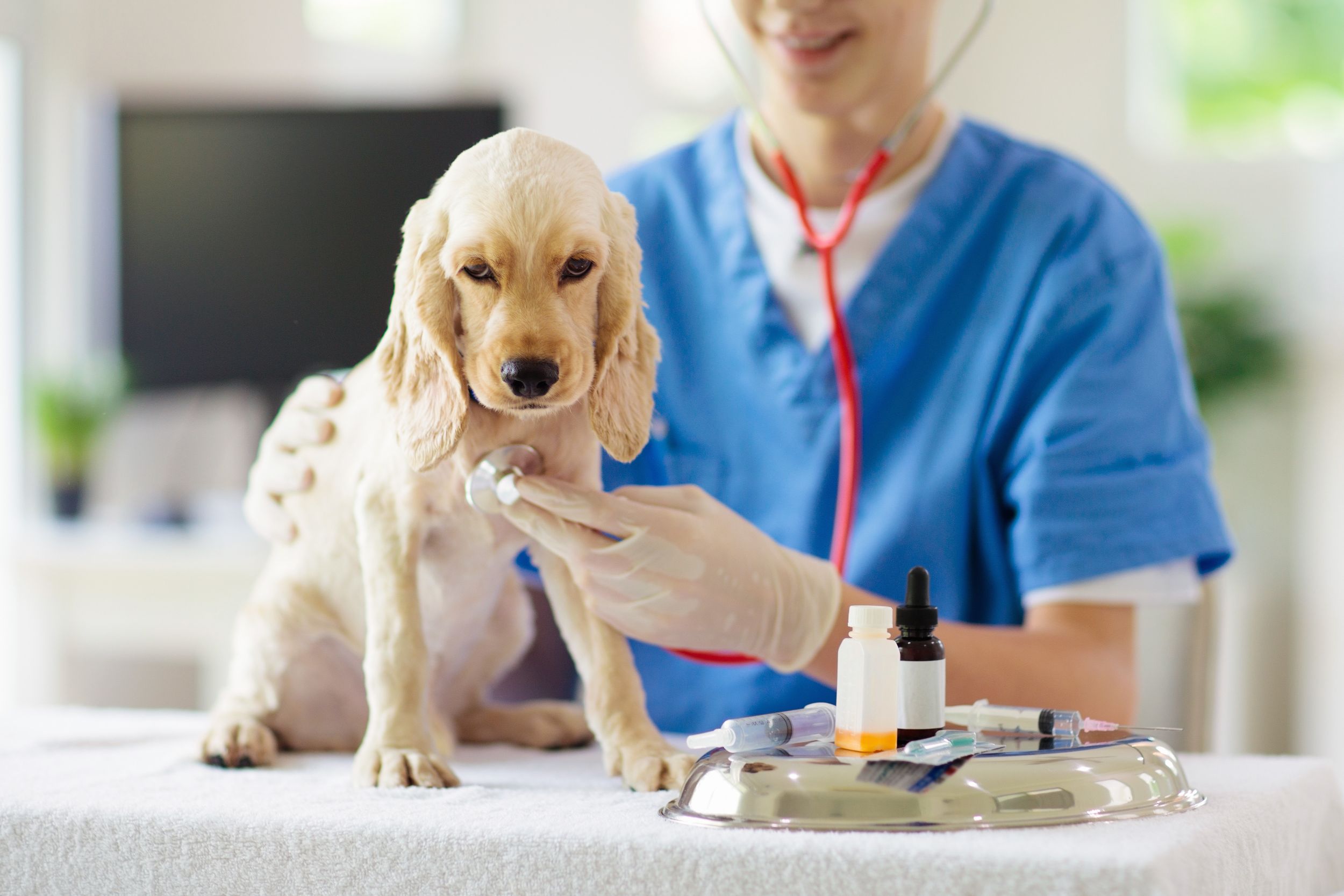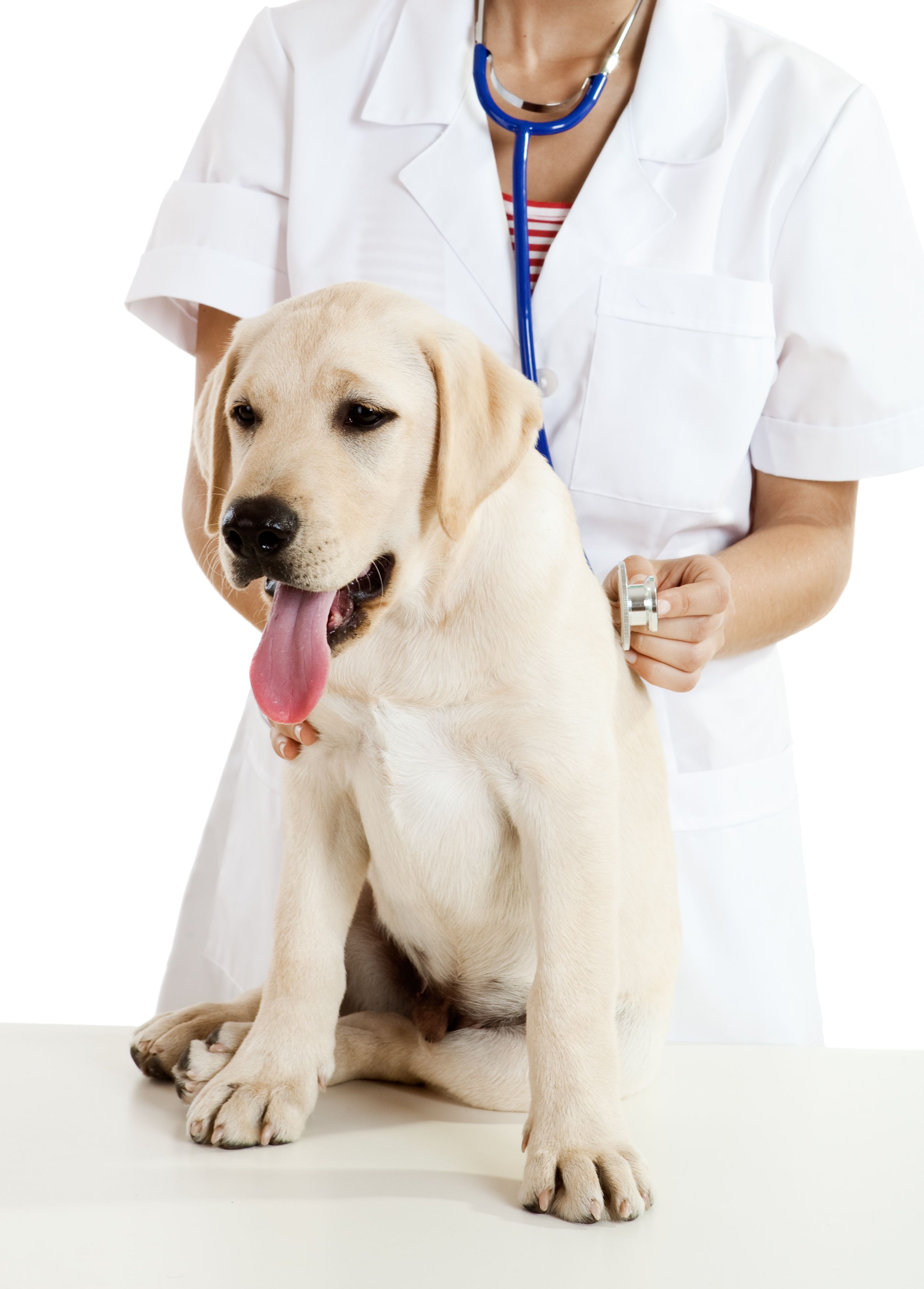More than eighty-five percent of dogs show at some point in their life suffer injuries or diseases that may affect their gums. When lesions extend around the tissue surrounding the tooth, it is called periodontal disease. The process begins with the formation of bacterial inflammation surrounding the gums, which is called gingivitis. Then the process progresses into plaque, which are subsequently deposited minerals (mainly saliva) that eventually form tartar. From here, inflammation and infection lead to the mobility of the animal’s tooth. You need to schedule an appointment with your local Pet Dentistry in Fort Wayne Indiana well before this happens.
Clinical signs of periodontal disease in dogs and cats
• Bad Breath (Halitosis)
• Gingivitis (Gum redness, edematous)
• Discoloration of enamel due to plaque deposits (yellow or dark brown)
• Difficulty chewing and swallowing food
• Gingival bleeding and shrinkage
• Formation of gingival pockets
Periodontal disease in dogs and cats usually occurs between 6-8 years, depending on the conditions of life of the animal and its individual predisposition. In small dog breeds (Maltese-Yorkshire, etc.) it may be due to premature evolution, something of which can be observed in animals between 2 and 3 years old. It is important to note that the onset of the disease lies in the formation of plaque due to the abundant and varied bacterial flora of the mouth. When plaque is evident, the treatment option is usually surgical.
Prevention of periodontal disease in dogs and cats
It is advisable to administer a dry and balanced diet since chewing consistently is harsh on the teeth. It is important that a Pet Dentistry in Fort Wayne Indiana performs a complete medical history, including eating habits and oral checkup. This is because oral local conditions are noted, but it may also show signs of pathologies of a general origin. An infection originating in the mouth, if not treated early, can cause kidney disorders, liver or other various diseases.
In cats it is important that the cat be tested for viral diseases such as FIV; VILEF, calicivirus and panleukopenia, all of which favor the development of gingivitis, stomatitis and predisposes the kitty to periodontal disease. Regular hygiene by brushing is important with the use of an antiseptic oral use. Contact Dupont Veterinary Clinic to learn more.



